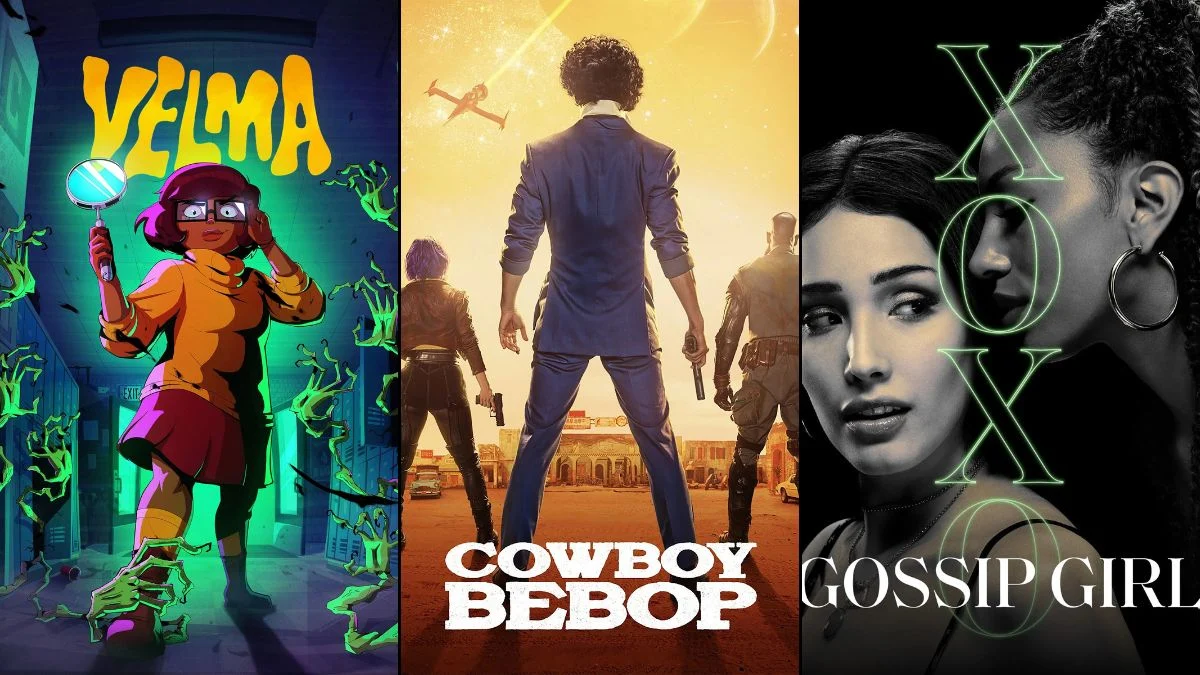
TV channels and streaming services are always trying to attract younger viewers to ensure they have an audience in the future. This often leads to shows that use a lot of internet slang and try too hard to appear socially aware, all in an effort to appeal to Gen Z. However, this can often come across as fake and out of touch with real youth culture. As a result, these shows often fail to gain traction, turning off older viewers and not connecting with the younger generation they were aiming for.
‘Velma’ (2023–2024)
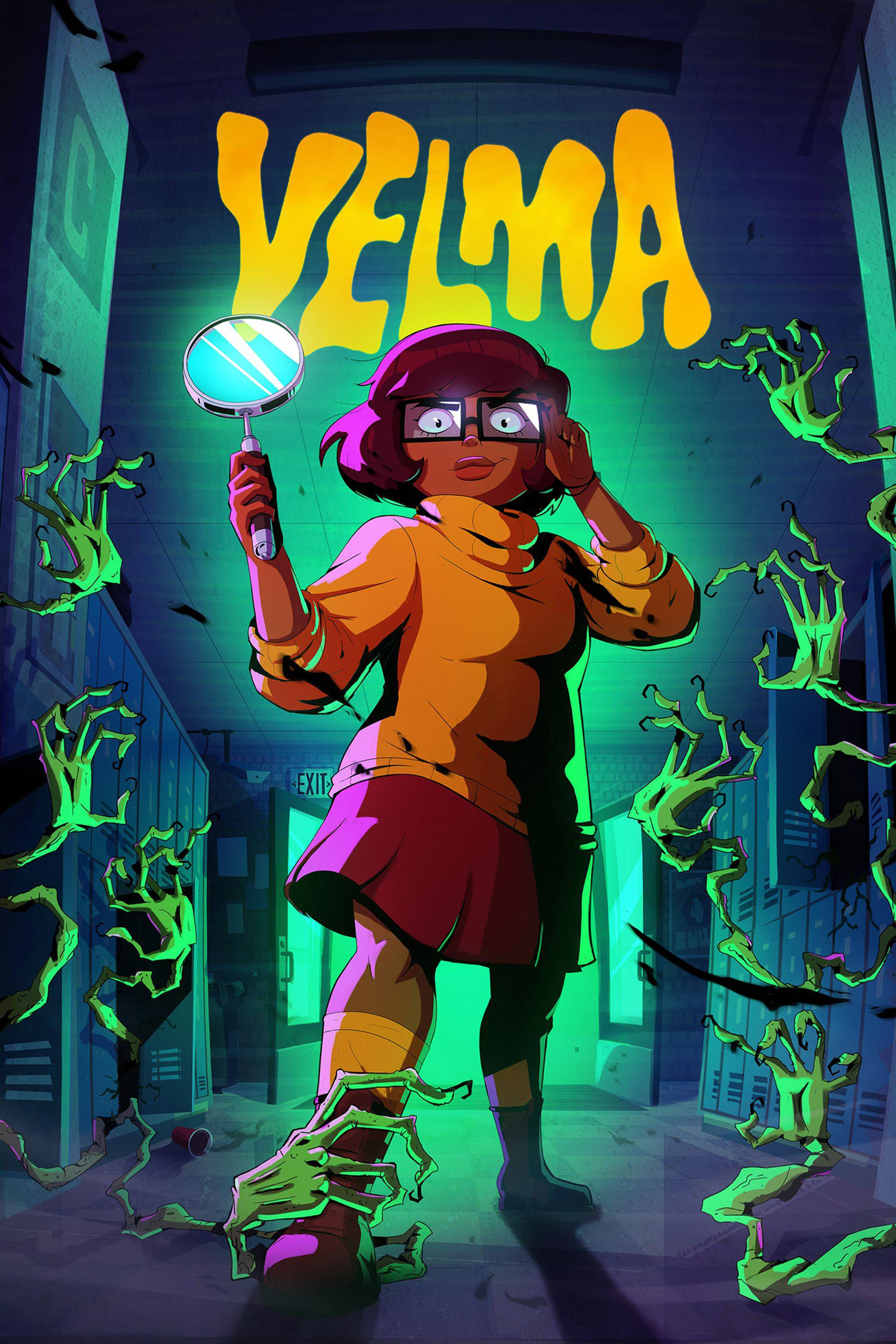
This animated comedy offers a fresh take on how the Scooby-Doo gang first came together, but without Scooby himself. Mindy Kaling stars as the lead in a show that’s full of jokes about itself and current events. The writers try to break down the classic Scooby-Doo formula by using internet language and pointing out clichés in animated shows. However, some viewers felt the big changes to the characters and the show’s harsh humor turned off longtime fans. Instead of focusing on solving mysteries, the series is more about the characters’ relationships and their sharp, sometimes cynical, conversations.
‘The Idol’ (2023)
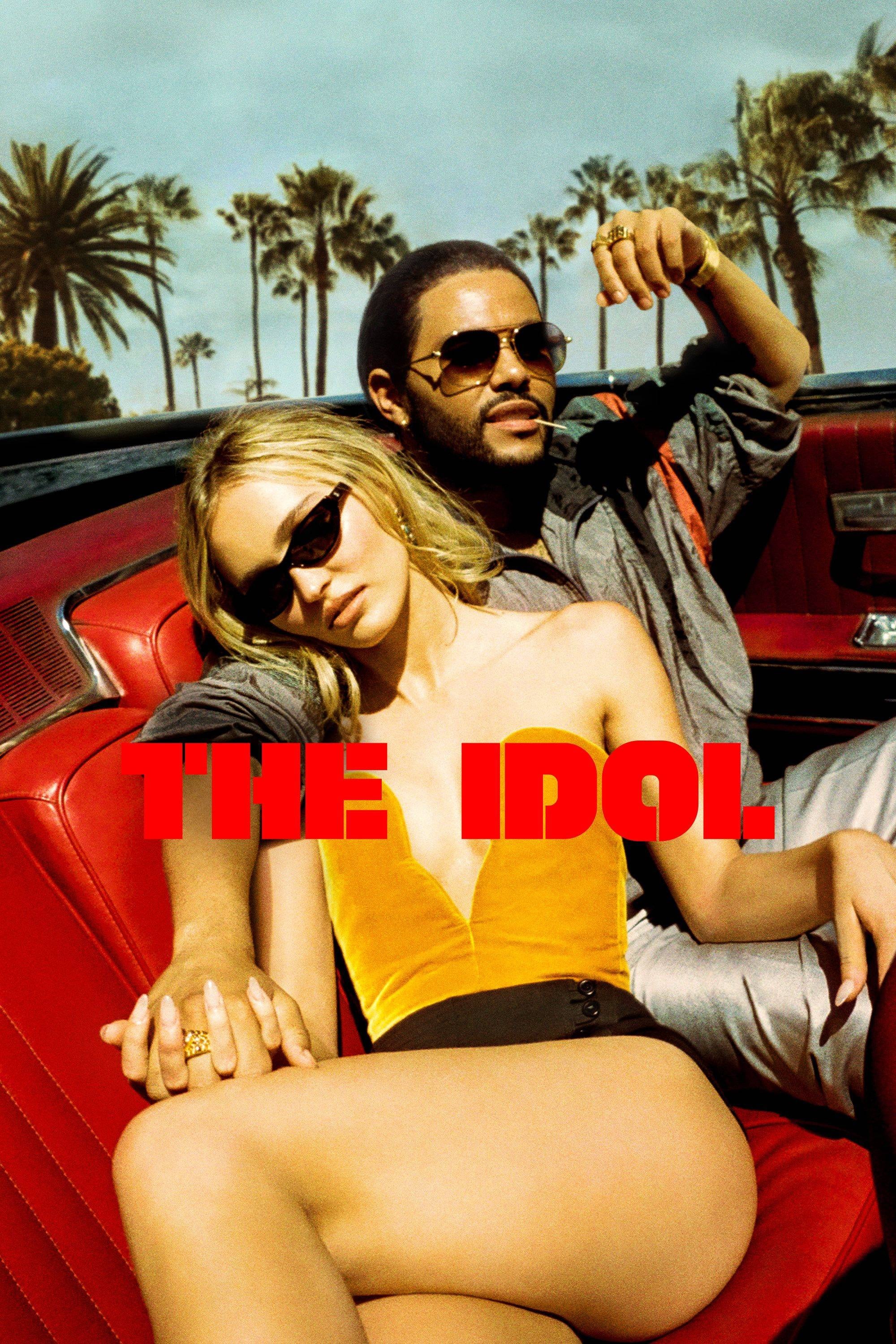
This drama, a collaboration between Sam Levinson and The Weeknd, aimed to expose the harsh realities of the music industry. It tried to offer a critical look at fame and how people are exploited, using shocking imagery and a distinctive visual style. However, the show’s dialogue and characters often felt deliberately provocative and lacked genuine depth. Many viewers and critics felt it ended up being as exploitative as the industry it was trying to critique, and it was ultimately canceled after just one shortened season due to strong negative reactions to its story and writing.
‘Gossip Girl’ (2021–2023)
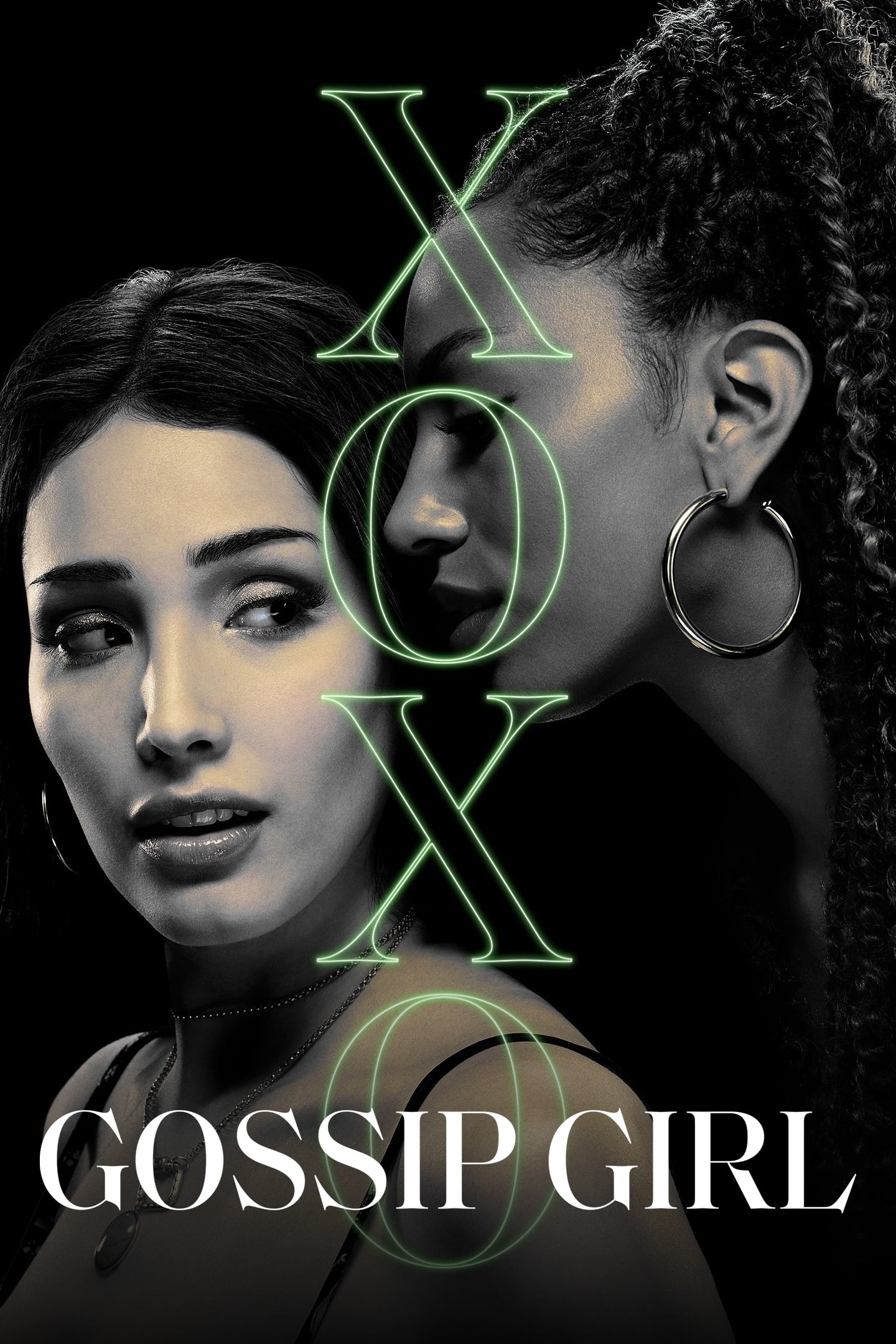
The new version of the classic CW series follows a group of privileged high school students in Manhattan, whose lives are documented on Instagram. The show has been updated with more diverse characters and focuses on themes of social justice and privilege. Unlike the original, characters frequently deliver lengthy speeches about doing the right thing, which clashes with the show’s dramatic storylines. This change in tone made the reboot feel less scandalous and more like a lecture, leaving some viewers feeling it lacked the fun of the original. The attempt to portray characters as both morally aware and deceitful created an awkward and inconsistent feel.
‘Heathers’ (2018)

I remember when this show came out – it was a new take on a really beloved movie from the 80s. The idea was interesting: they flipped the script on high school stereotypes, making the groups who usually get picked on the ones doing the bullying. It was meant to be a dark comedy that poked fun at things like identity politics and social justice, but honestly, it just didn’t land for most people. A lot of viewers and critics found the message confusing and, frankly, kind of harsh. It had a tough time even getting on TV, and it just didn’t have that same clever, edgy feel as the original film that everyone loved.
‘Resident Evil’ (2022)

Netflix created a series based on the popular survival horror video game, telling its story through two different time periods. The show, set in a futuristic town, mainly followed teenage sisters dealing with high school and corporate secrets in 2022. However, many viewers, especially longtime fans of the games, felt the show focused too much on typical teen drama and pop culture, and not enough on the scary, survival-focused elements they expected. Ultimately, the series was canceled quickly because not enough people watched it or finished watching the whole season.
‘Cowboy Bebop’ (2021)
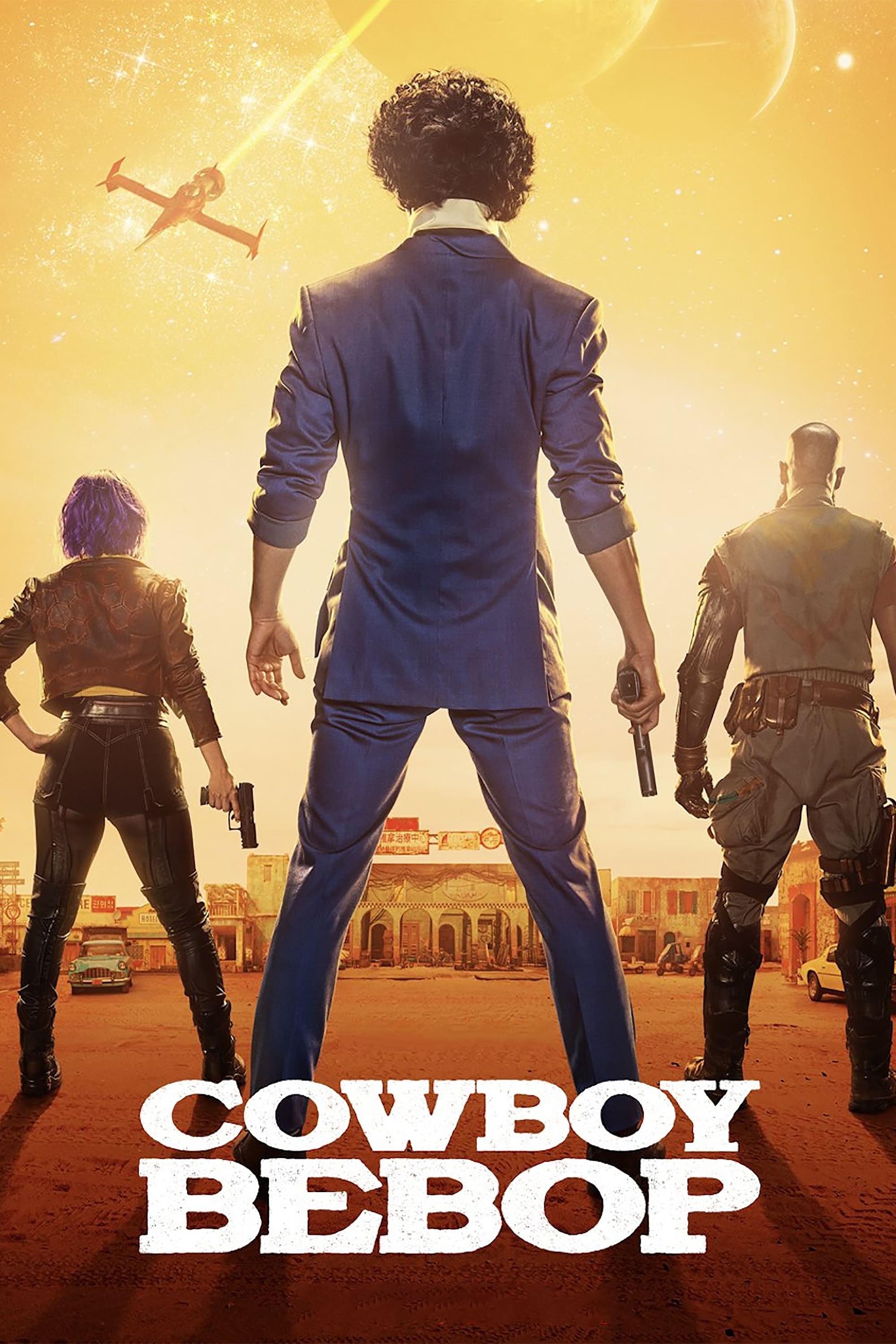
The recent live-action version of the popular anime aimed to attract a wider audience on streaming platforms. The writers updated the dialogue with the quick, sarcastic humor common in today’s superhero movies. While the show tried to capture the anime’s visual style, it sometimes felt out of place with the realistic backgrounds and actors. Many longtime fans felt the new version missed the thoughtful and serious themes of the original. The show focused more on flashy visuals and modern dialogue than on developing the characters that made the anime so well-loved.
‘She-Hulk: Attorney at Law’ (2022)
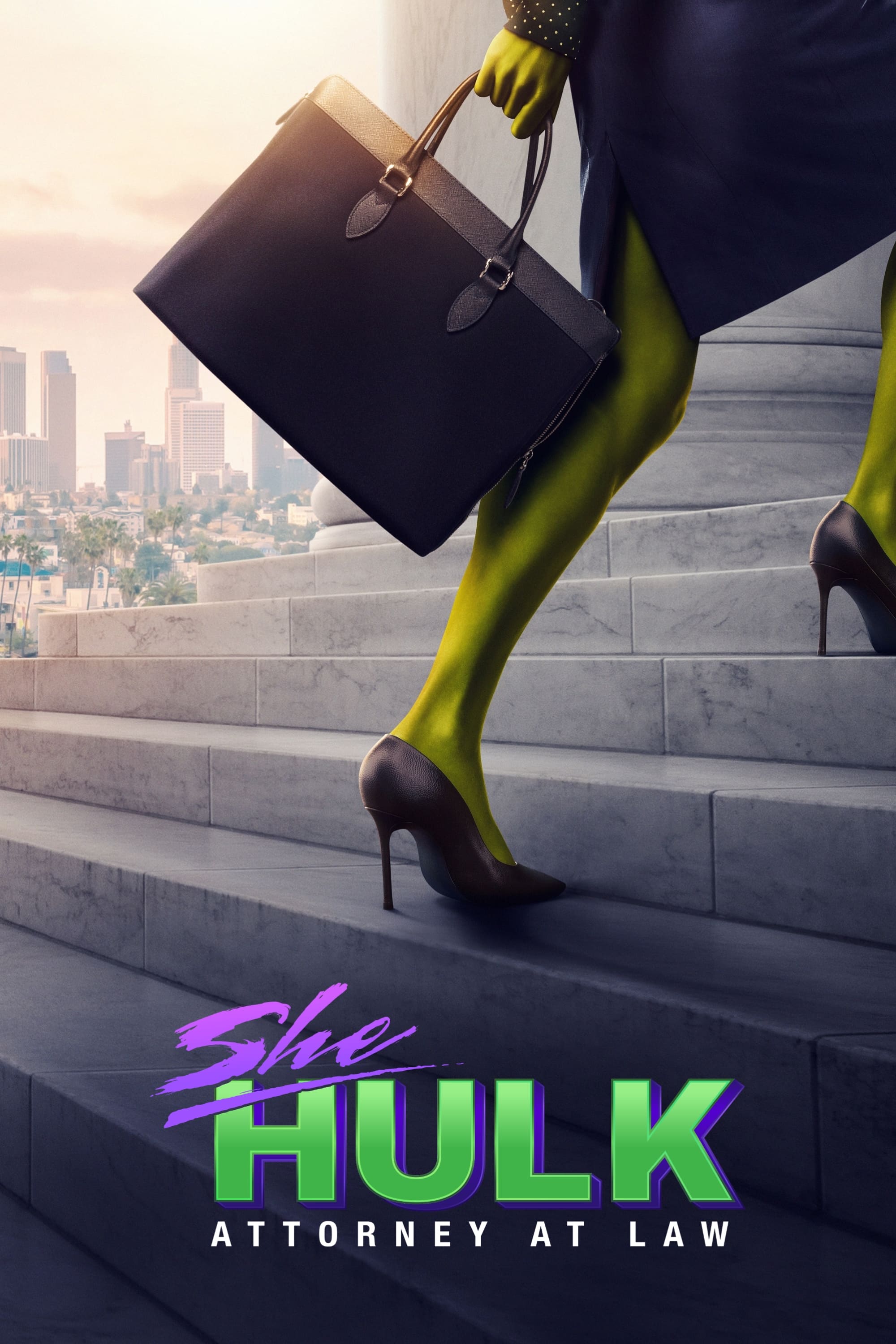
As a huge Marvel fan, I found this series interesting because it brought in Jennifer Walters, a lawyer who also becomes the Hulk. What really stood out was how the show directly called out online trolls and negativity – it actually talked to the audience about that stuff! The writers cleverly included references to current internet trends and memes, trying to make it feel really relevant. But honestly, it was a bit of a mixed bag. Some people loved the way it acknowledged all that online drama, but others felt like it took away from the actual superhero story. And, if I’m being honest, all the internet jokes felt a little dated and turned off viewers who were hoping for a classic legal comedy.
‘Blockbuster’ (2022)

This comedy, set in a struggling video rental store, tries to tap into 90s nostalgia with a contemporary comedic style. The show features characters representing different generations who frequently butt heads over technology and social expectations. While the writers attempt to use current slang and buzzwords, it often feels unnatural. Ironically, the show was produced by Netflix – the very company that contributed to the decline of video stores. Ultimately, the series didn’t resonate with audiences and was canceled after a single season due to a lack of laughs and viewer interest.
‘Fate: The Winx Saga’ (2021–2022)
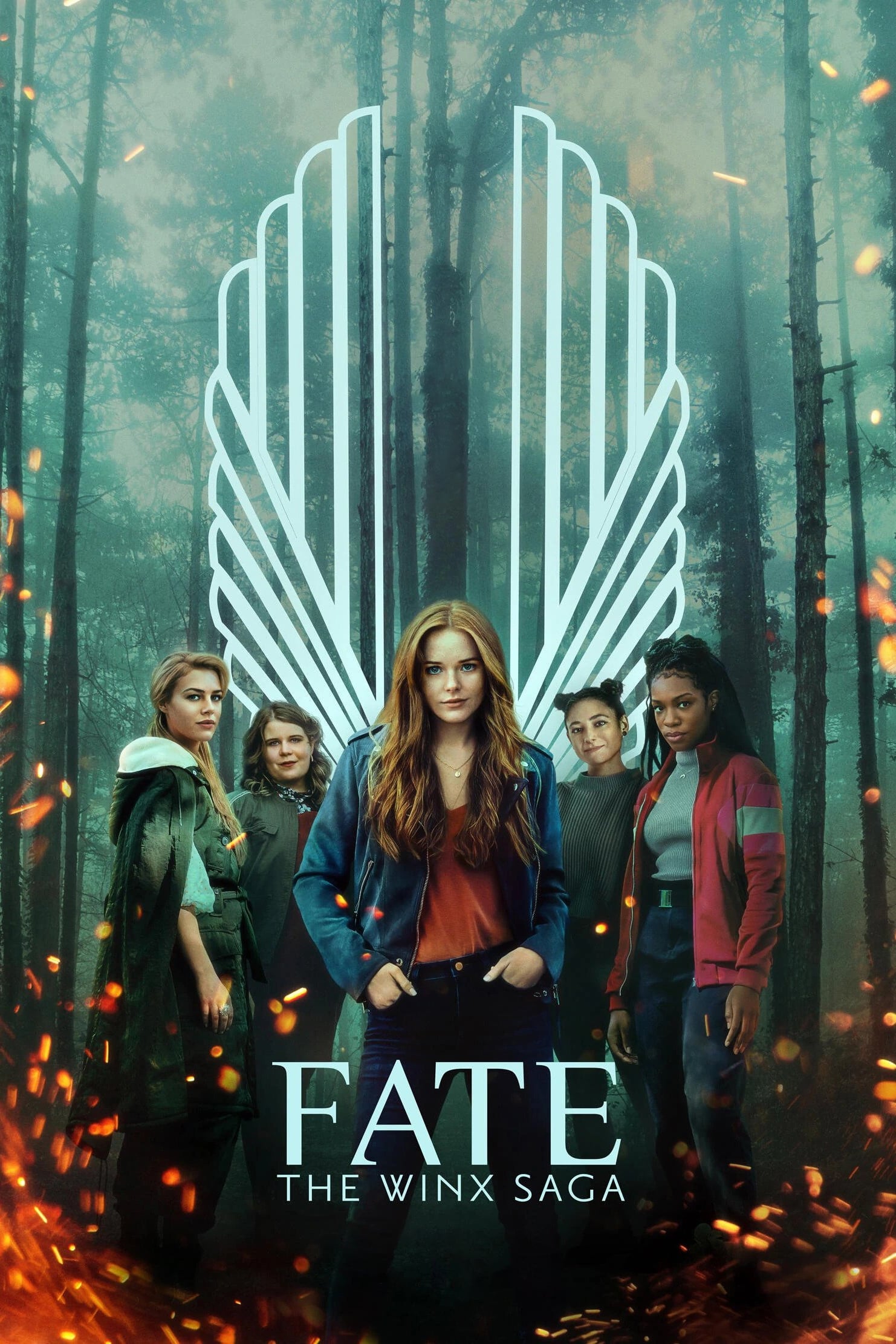
This live-action series reimagines the vibrant ‘Winx Club’ cartoon as a more serious, teen drama. It swaps the original’s bright and cheerful style for a darker, moodier feel similar to other mystery shows aimed at young adults. The new series emphasizes romantic relationships and emotional struggles, moving away from the magical friendships that were central to the cartoon. Many fans disliked the actors chosen for the roles and were disappointed by the loss of the animated series’ distinctive and colorful fashion. Ultimately, the effort to make the show more mature resulted in a typical fantasy series that lacked the special appeal of the original.
‘Riverdale’ (2017–2023)
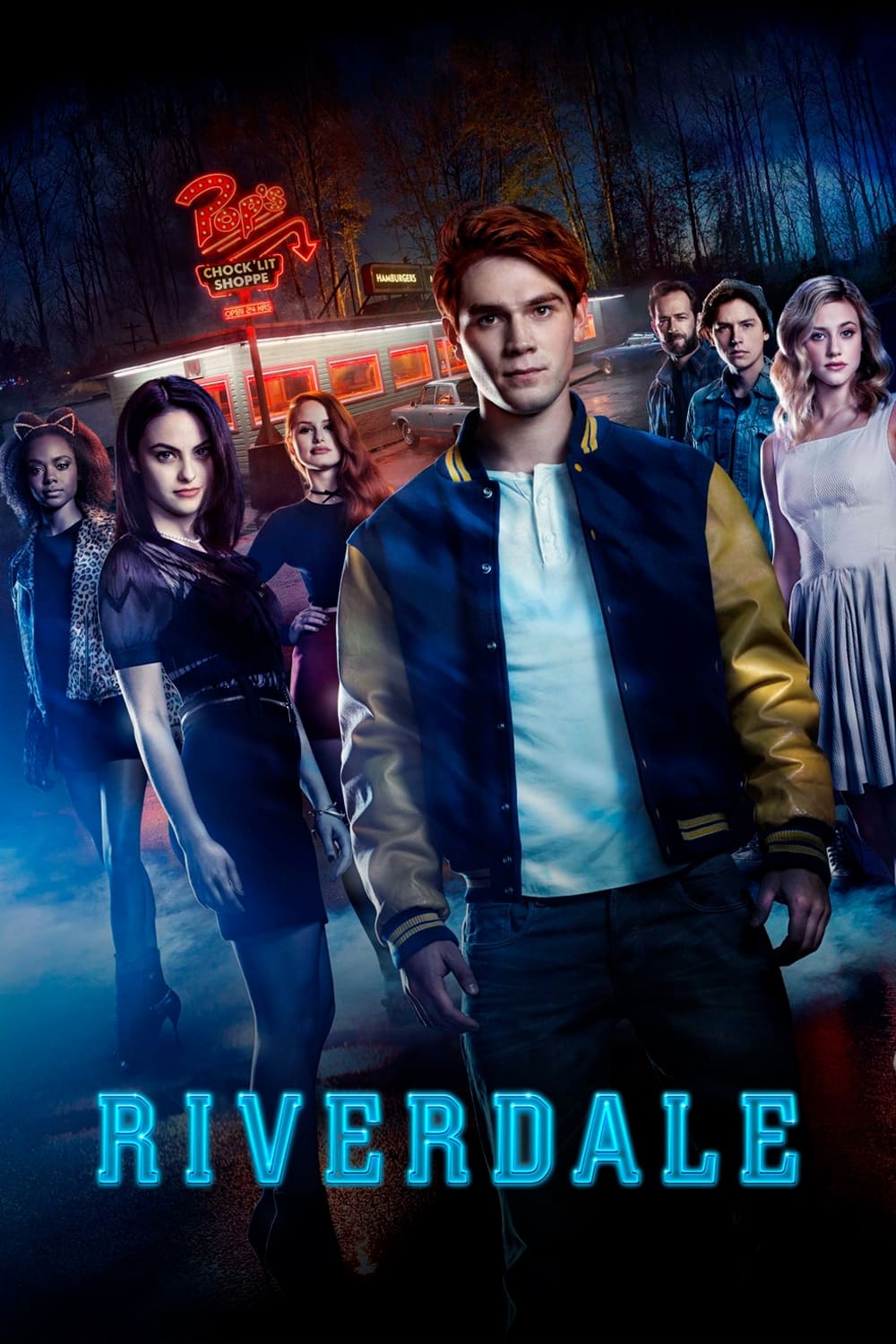
Okay, so this show started strong as a murder mystery, but things… changed. It quickly ditched any real sense of grounded storytelling for shock value and really weird plot twists. The writers seemed more interested in getting things to trend online – throwing in internet slang and completely outlandish scenarios – than in making a coherent story. Characters started acting totally out of character, doing whatever the plot needed at the moment, and it became incredibly frustrating. Honestly, it shifted from a show you got invested in to one you watched for the ‘cringe’ factor, and not in a good way. It prioritized viral moments over actual plot development, and ultimately lost a lot of viewers who just wanted a solid story.
‘Batwoman’ (2019–2022)
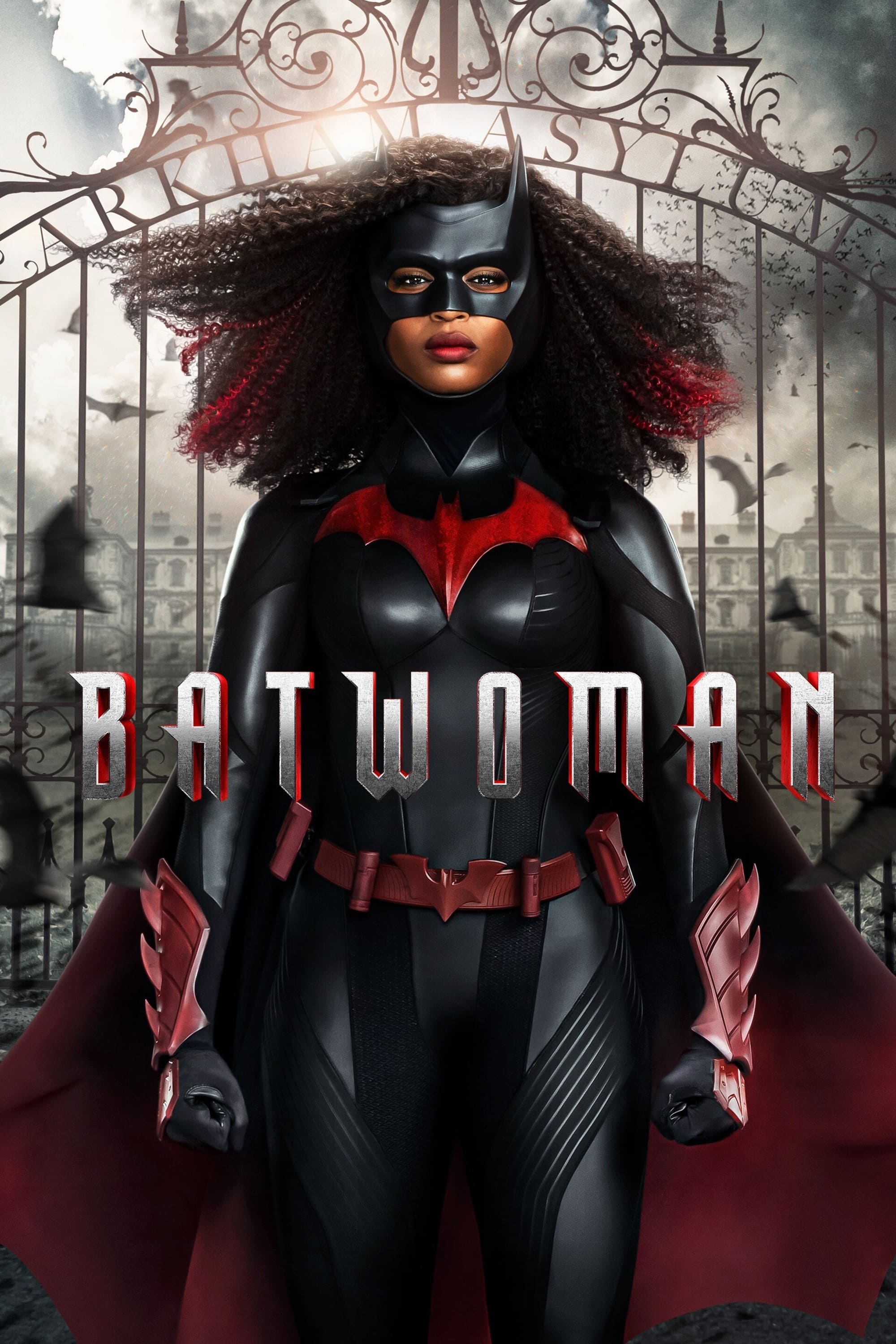
The show centers on Kate Kane and, later, Ryan Wilder, who both become Batman in Gotham City. However, the writing often focused more on delivering strong social messages than on developing complex characters or exciting action. Instead of letting themes emerge organically, the show frequently had characters directly state what each episode was about, which felt preachy to some viewers. These creative choices, combined with changes in actors and storylines, made it difficult for the show to build a loyal audience.
‘Q-Force’ (2021)
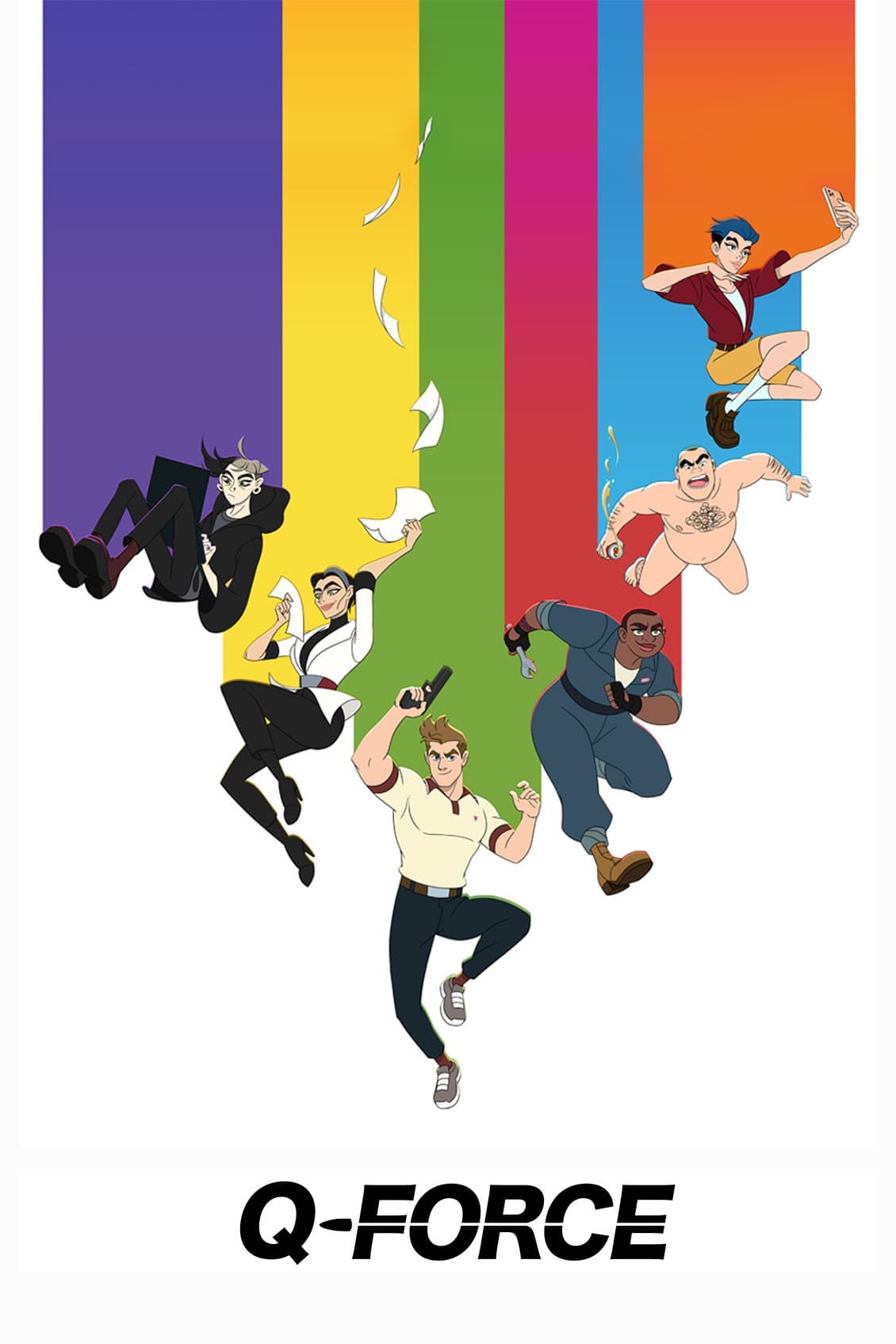
This cartoon comedy follows a team of LGBTQ+ secret agents trying to impress their organization. However, the show’s humor heavily depended on stereotypes and references to queer culture, which many viewers found simplistic and uninspired. Critics pointed out that the show seemed geared towards a narrow audience and used jokes that felt old or even hurtful. The attempt to use stereotypes for laughs didn’t resonate with the intended audience, who felt the portrayal lacked depth. Ultimately, Netflix canceled the series after just one season because it wasn’t well-received.
‘Emily in Paris’ (2020–Present)
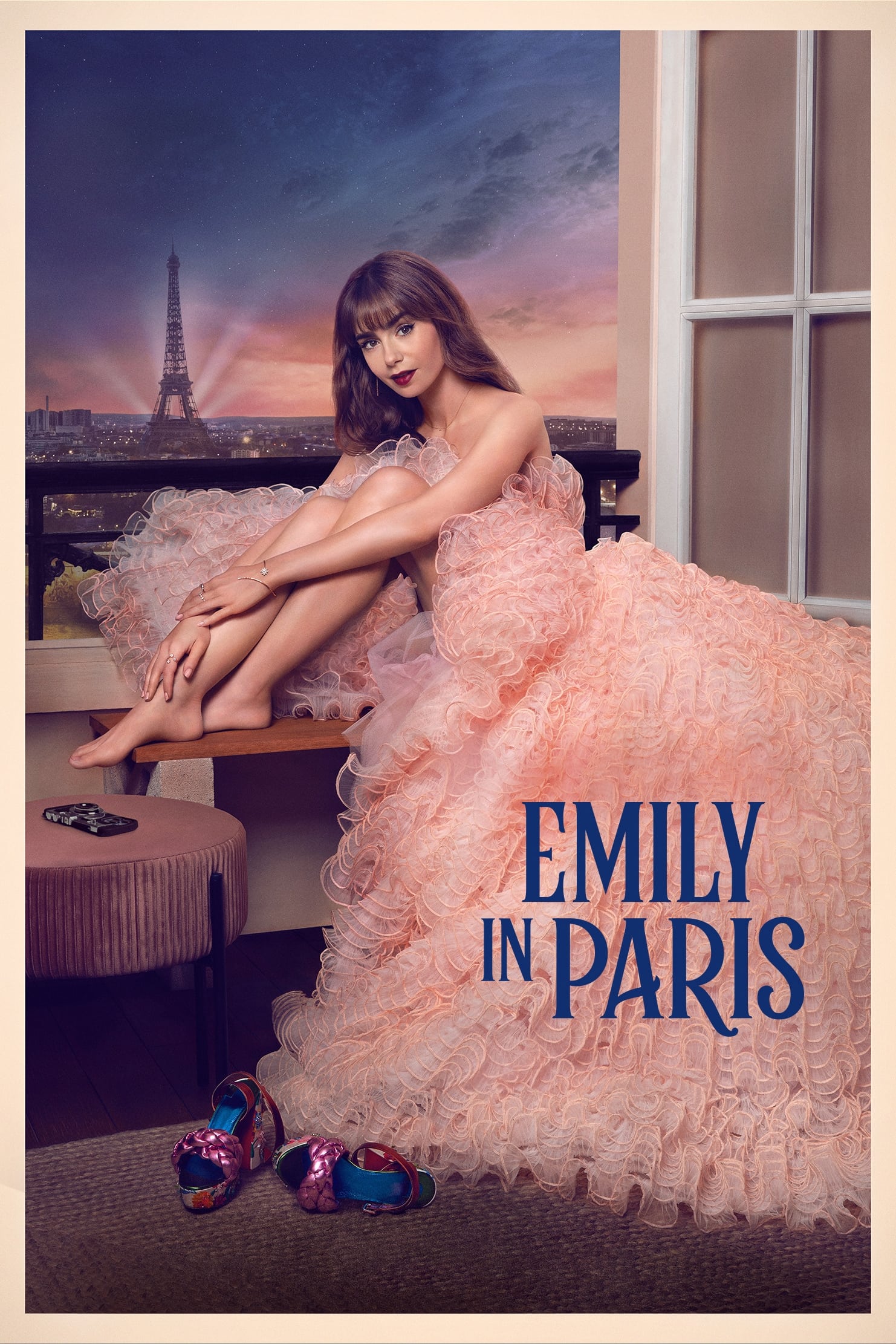
The show centers on an American marketing professional who relocates to Paris to bring a fresh, American viewpoint to a French company. The storylines largely focus on social media and the main character’s attempts to quickly become a popular influencer. However, the show is often criticized for its shallow and unrealistic depiction of Gen Z’s work habits and the path to social media success. Many people watch it ironically, finding the conversations and events to be exaggerated and a cartoonish version of today’s digital world. The series tends to oversimplify complicated cultural differences, reducing them to easily shareable moments like Instagram captions.
‘And Just Like That…’ (2021–Present)
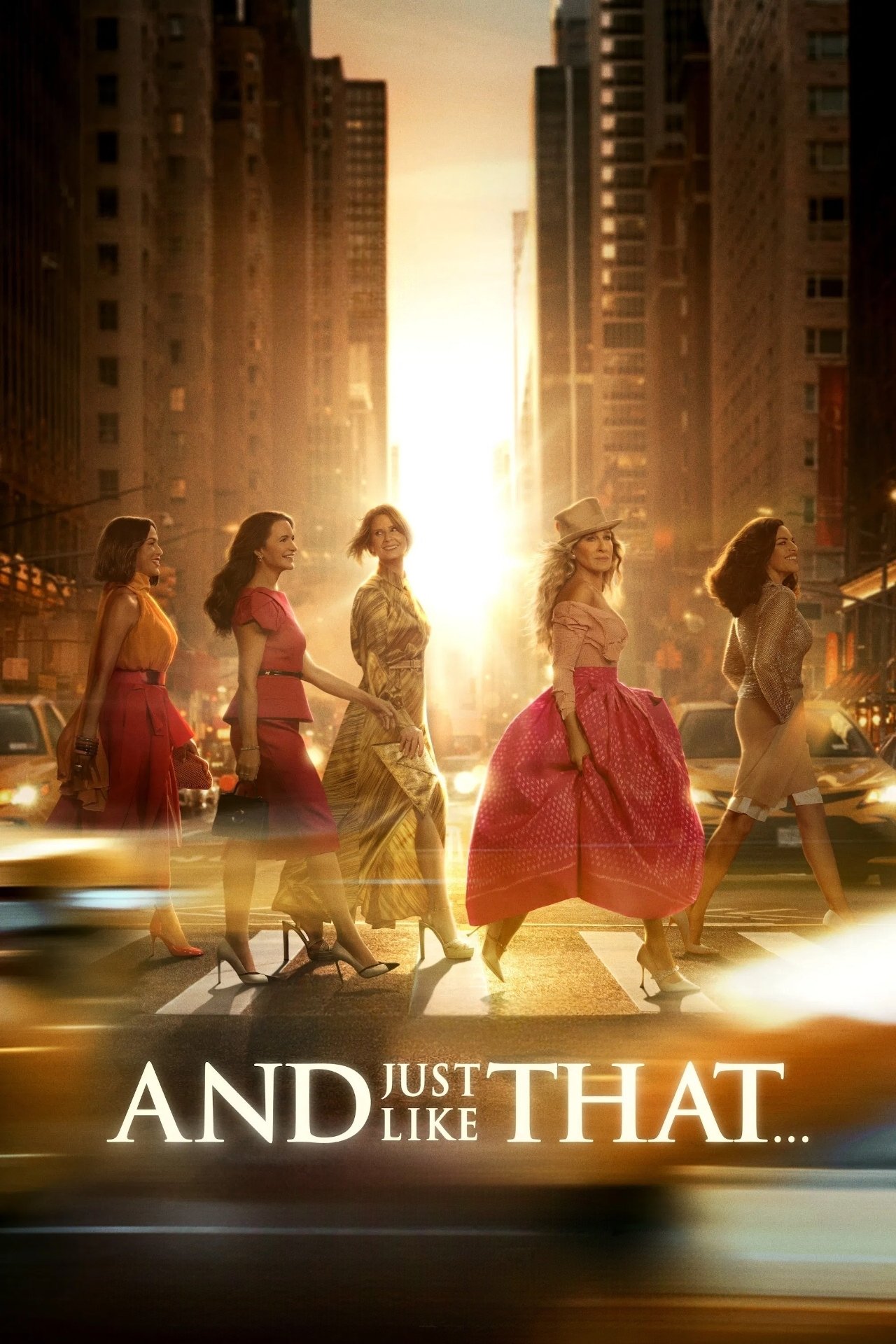
The new version of ‘Sex and the City’ tries to update the show for today’s world, focusing on social issues. While it introduces new characters and stories to address the original’s lack of diversity, these changes often feel forced. Many loyal viewers feel the original characters have been altered and made unlikeable, seemingly just to highlight current cultural topics. The show’s lighthearted and confident feel has been replaced with a more awkward and overly serious tone.
‘Pretty Little Liars: Original Sin’ (2022–Present)
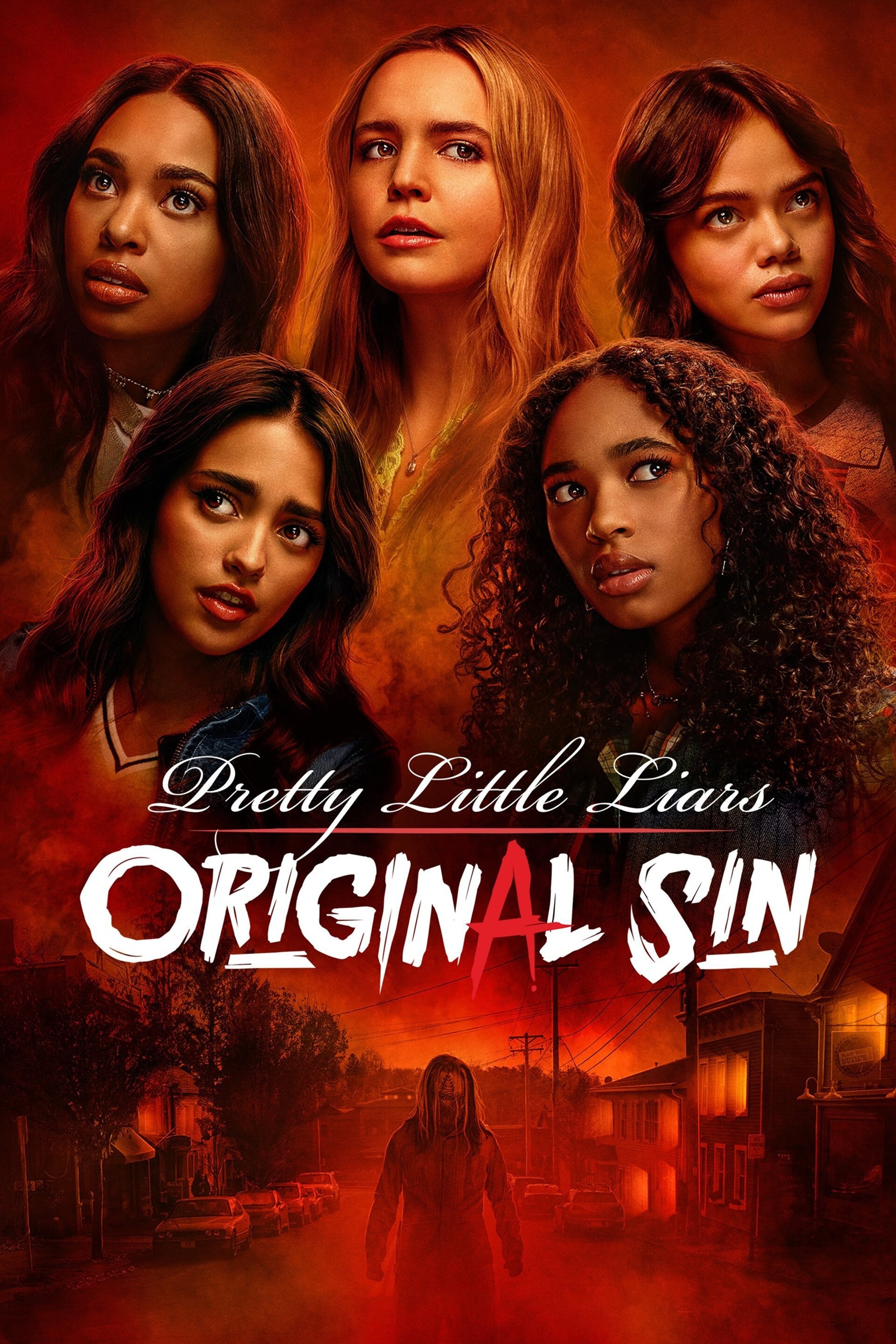
This new series moves away from the original’s teen mystery vibe and embraces a more straightforward slasher horror approach. It tackles serious issues like inherited trauma and social justice within the horror genre, and characters often express themselves using language you’d hear in therapy or current online discussions. While this adds depth, it sometimes makes the story feel slower and can take away from the suspense and mystery. The show is clearly trying to be thoughtful and relevant, but it risks sacrificing the thrills that make horror so engaging.
‘Saved by the Bell’ (2020–2021)
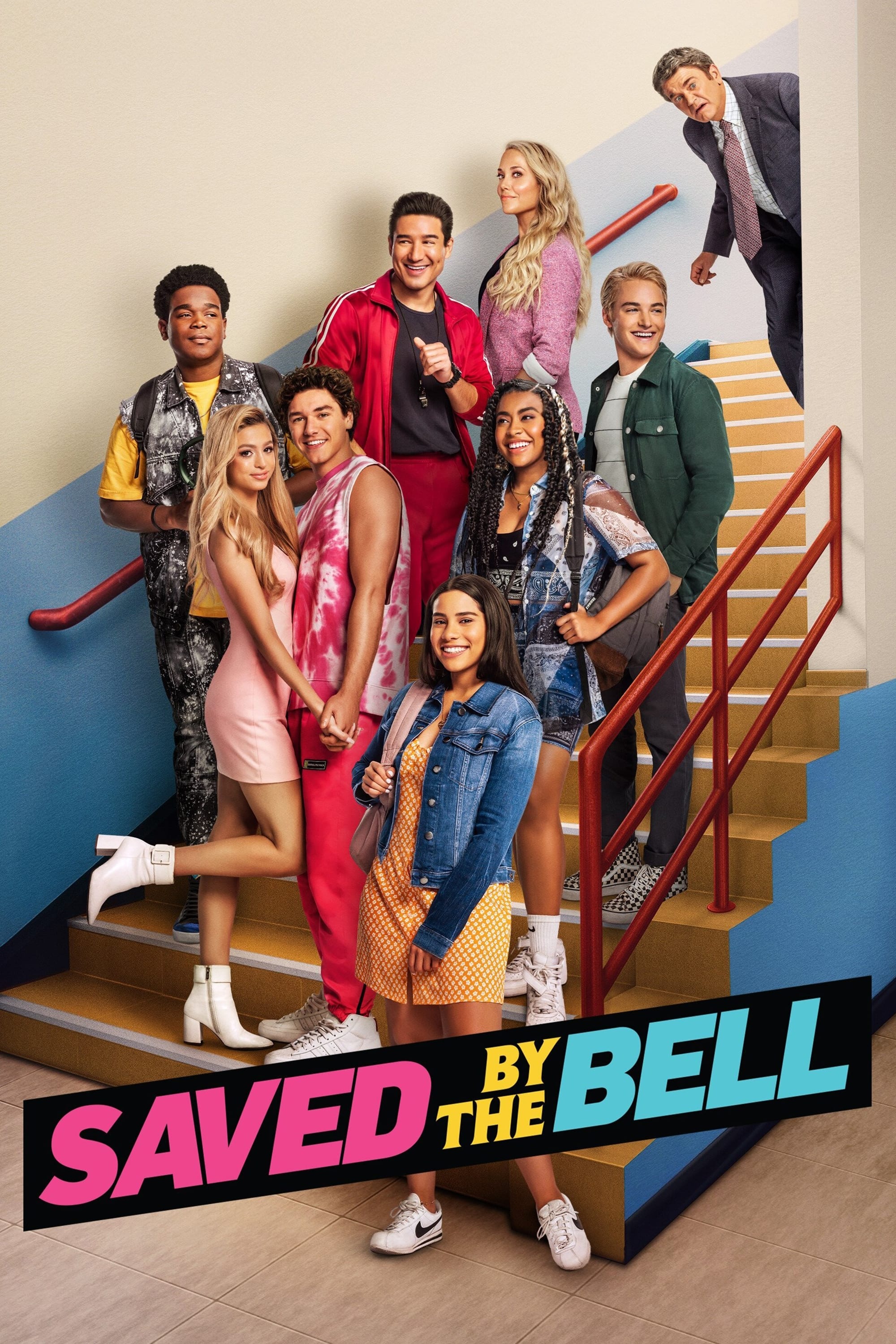
The show brought back the classic Saturday morning sitcom, mixing the original characters with a new, more diverse group of students. Its humor often poked fun at the original series’ old-fashioned ideas and privileged perspective. The writers intentionally made the show self-aware and critical of its own nostalgic appeal, hoping to connect with modern audiences. However, this ironic approach made it hard to recreate the genuine warmth that made the original so popular. Despite good reviews, the show was canceled after two seasons.
‘Charmed’ (2018–2022)
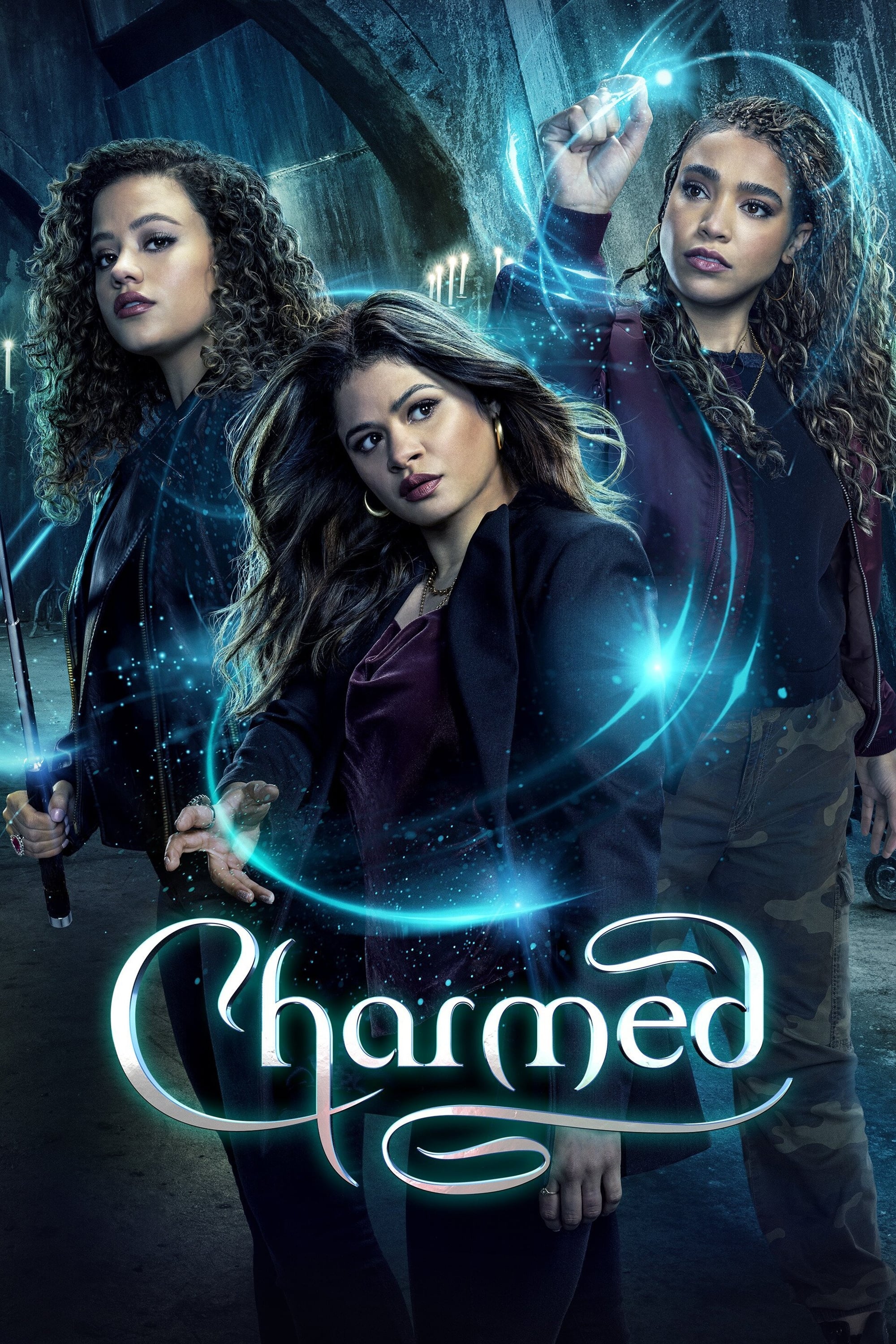
This new version of the classic series updates the story of the Power of Three for modern audiences, with a strong emphasis on political activism. The show directly addresses issues like consent and systemic injustice, all within a supernatural setting. Unlike the original, it often presents social issues in a straightforward way, rather than through magical metaphors. While some longtime fans missed the original’s strong sisterly connection and nuanced storytelling, the reboot aimed to be both a meaningful political statement and an engaging fantasy drama – a balance it struggled to achieve.
‘Generation’ (2021)
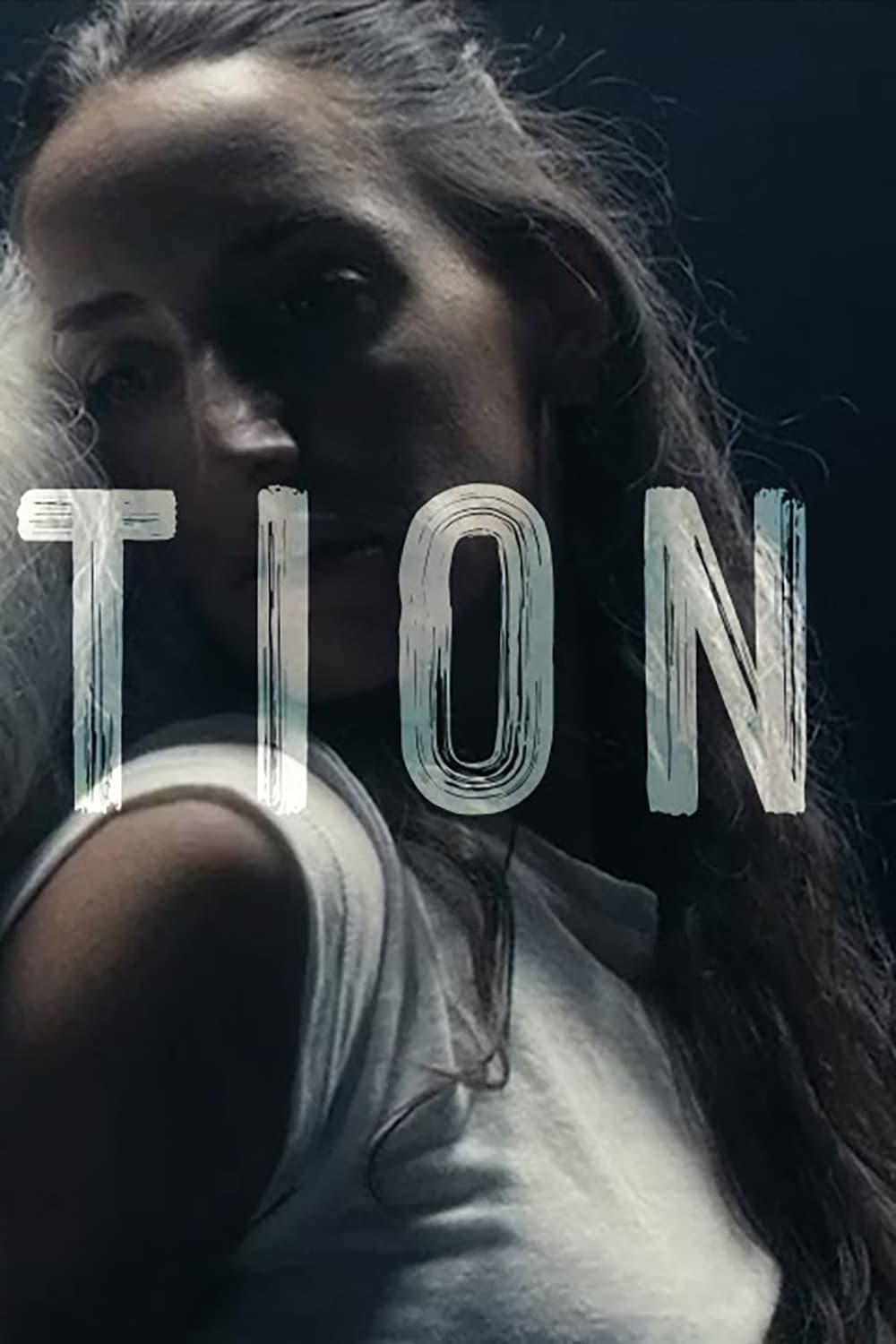
This show, created by Lena Dunham, aimed to realistically portray the lives of teenagers in Orange County. It heavily focused on issues of sexuality and gender identity. However, many viewers and critics felt the series went too far, becoming more exploitative than genuine. While the writers intended a realistic and honest tone, the dialogue and storylines often seemed designed to simply shock viewers. Ultimately, HBO Max canceled the show after its first season and removed it from their streaming service.
‘Grease: Rise of the Pink Ladies’ (2023)
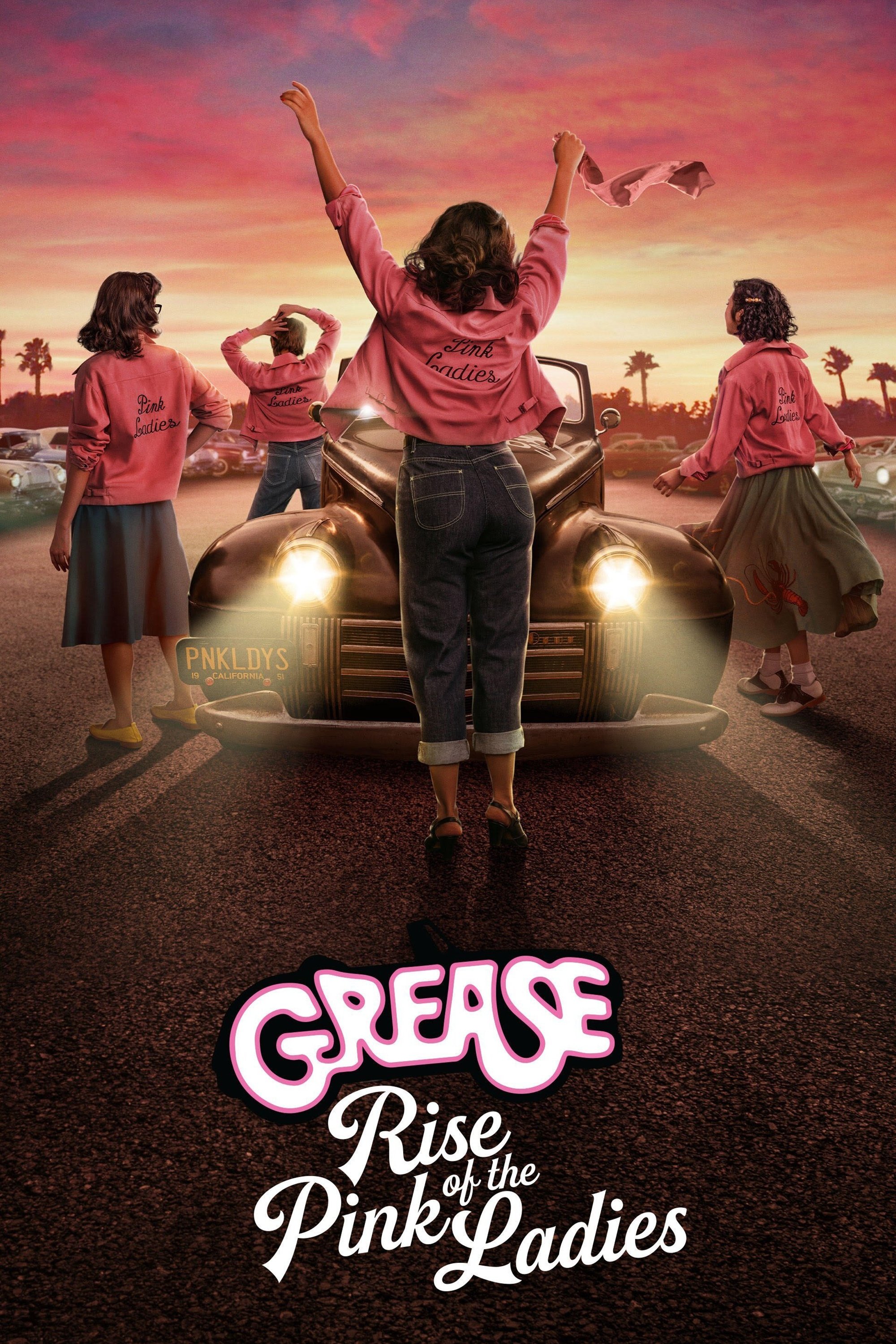
This show tells the story of how the Pink Ladies formed at Rydell High, before the events of the classic movie. It updates the familiar 1950s setting with current pop music and conversations about feminism. While aiming to be fresh, this mix of old and new felt out of place to many viewers, and ended up being more confusing than inspiring. The show was ultimately canceled and taken off the streaming platform due to budget cuts.
‘National Treasure: Edge of History’ (2022–2023)
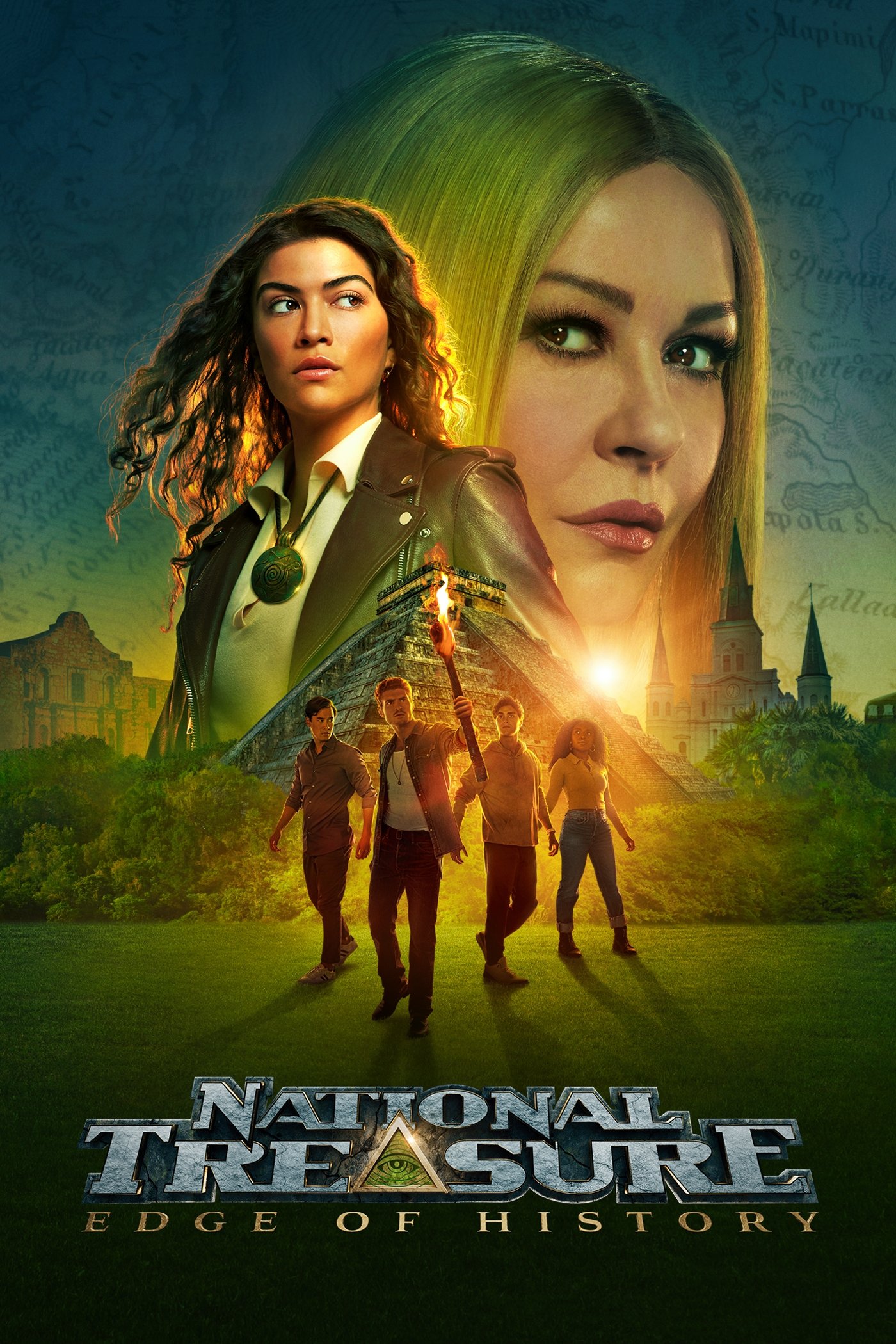
This new TV show based on the popular movies follows a young woman, a DREAMer, as she tries to learn more about her family’s past. Unlike the films, which focused on historical clues, this series emphasizes puzzles and treasure hunts solved with today’s technology, like smartphones. The show aims to attract a younger audience with a focus on young love and typical coming-of-age stories. However, many movie fans were disappointed by the absence of Nicolas Cage and the lack of the historical excitement that made the original adventures so appealing. Ultimately, the series didn’t quite capture the epic scale and sense of wonder needed to keep the franchise going.
Please share your thoughts on which series tried the hardest to be trendy in the comments.
Read More
- 2025 Crypto Wallets: Secure, Smart, and Surprisingly Simple!
- Gold Rate Forecast
- Brown Dust 2 Mirror Wars (PvP) Tier List – July 2025
- Banks & Shadows: A 2026 Outlook
- Gemini’s Execs Vanish Like Ghosts-Crypto’s Latest Drama!
- Wuchang Fallen Feathers Save File Location on PC
- QuantumScape: A Speculative Venture
- The 10 Most Beautiful Women in the World for 2026, According to the Golden Ratio
- ETH PREDICTION. ETH cryptocurrency
- 9 Video Games That Reshaped Our Moral Lens
2025-11-27 01:21